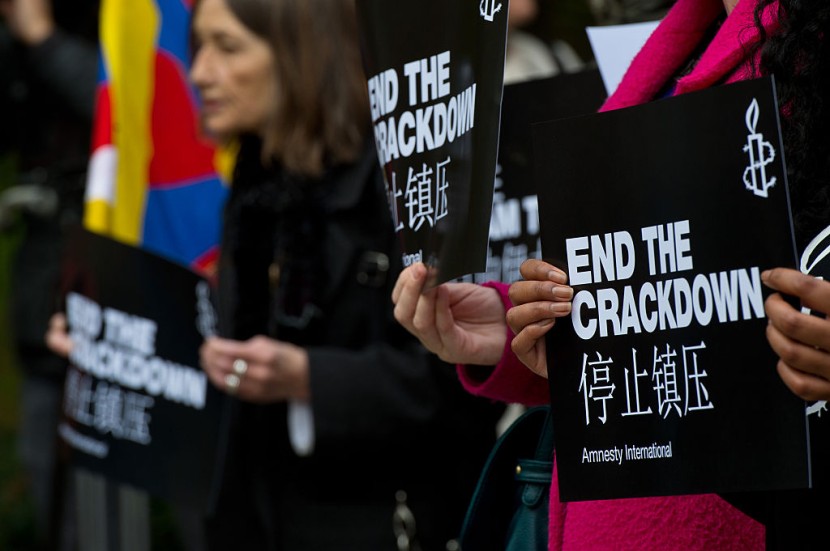
Xi Jinping has prohibited effeminate men, whom he refers to as "sissy boys," from appearing on state television networks as the Chinese Communist Party continues its terrible freedom purges.
The crackdown comes amid a violent pushback from President Xi's inner circle against significant cultural influences in China, as he tries to close off any part of Chinese culture. He is concerned that such power has "evil values."
In an official statement to the public, the country's television regulator imposed a total ban on "effeminate" males on its networks, using the derogatory term "sissy boys," as per Express.co.
China's harsh crackdown on media industry
Beijing portrays itself as engaging in a harsh game of coercive diplomacy. However, the cost might be a domestic economic reckoning, with Chairman Xi Jinping's dictatorial actions strangling the nation's "miracle" economy.
Xi desires that the Chinese Communist Party (CCP) return to its "original mission" of economic, social, and cultural domination. He desires a "rejuvenation of the great Chinese nation."
The economy grew by double digits. As alcohol rose, so did innovation and confidence. Xi's intentions appear to be positive. He aspires to "common prosperity" for everybody. He intends for China to become a world powerhouse by serving as its factory for high-tech goods.
However, his party has spent the first decade of his presidency suppressing opposition and tightening its hold on all aspects of daily life. Investors and the business are hurting as a result of abrupt and heavy-handed regulatory reforms.
Economic growth is in steep decline. Property developers are in a panic. An unknown Chinese writer broke into the major leagues in early September. His essay was widely disseminated on state-controlled social media.
Per News.au, it was also included in the Communist Party's leading journal, the People's Daily. Xi Jinping's new push for "common prosperity," is a profound revolution, said author Li Guangman.
He vowed that the country's financial markets would "no longer be a haven for entrepreneurs looking to become rich quick." He urged the PolitBuro to act quickly to reduce excessive housing and health-care expenses.
The article reflected the strain that growing expenses are putting on China's general people. Everything from meat and seafood to beans, peas, pork, and rice is steadily growing in price. Add to that expensive home costs, power disruptions, and an unsteady job market, and you get a rising sense of uneasiness.
Several children's shows banned in China
On Friday, Chinese authorities declared a ban on violent, profane, and gory children's TV shows, sparking outrage among social media users after a popular anime show was banned from streaming platforms.
The rules apply to network shows as well as those hosted on streaming networks. Following the announcement of the ban, the famous Japanese anime series "Ultraman Tiga" was removed from Chinese streaming platforms, much to the chagrin of Chinese fans.
Though many postings regarding the show's suspension have since been deleted, the hashtag about the show's removal was seen 84 million times, with viewers lamenting about losing a childhood staple. The program ran from 1996 to 1997 and spawned five spin-off movies.
The Chinese government has launched a wide crackdown on the entertainment sector, including a ban on minors playing video games for more than three hours per week, a prohibition on broadcasters casting "effeminate men" in TV shows, and the suspension of K-pop fan accounts on social media.
In addition, the authorities removed an extremely popular actress from Chinese social media and removed her films from streaming platforms without saying why. The increased intrusions into the entertainment sector are primarily aimed at propagating a particular morality inside cinema and television, as per The Business Insider.
Related Article: China Intensifies Entertainment Crackdown, Suspends K-Pop Fan Accounts on Weibo for "Irrational Star-Chasing Behavior"








